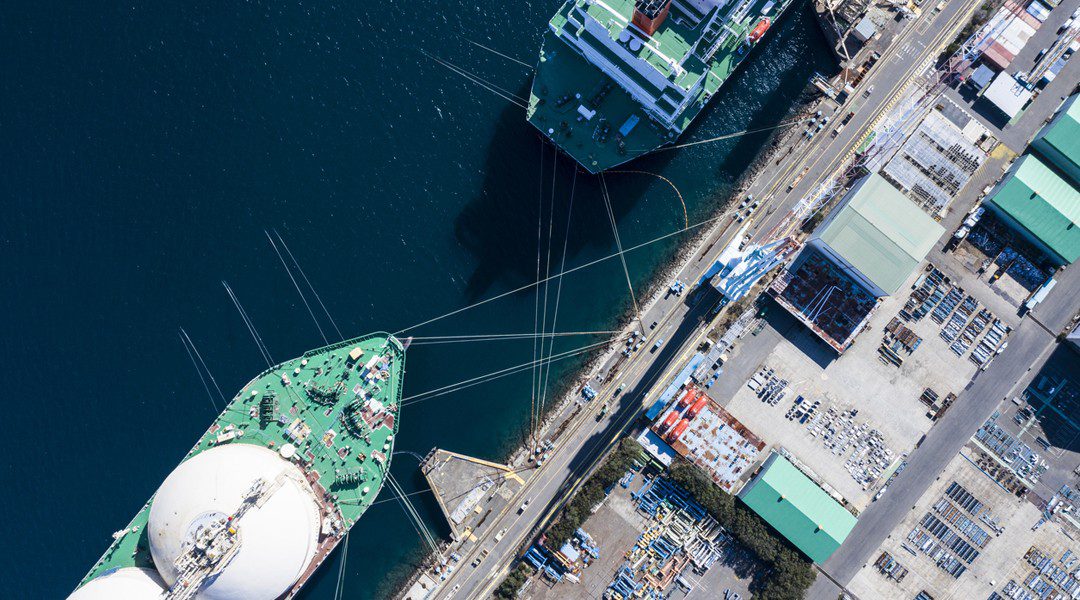
Drewryhas predicted that the damage caused by the Red Sea crisis will be less severe in the long term compared to the impact of the COVID-19 pandemic.
In its recent ‘Container Market Outlook’ webinar held on 30 January, the company disclosed a 74 per cent year-on-year decrease in Suez Canal transit after three weeks into 2024.
Due to the ongoing Red Sea crisis, the firm noted that Cape of Good Hope transits increased by 218 per cent. The crisis led to very few containerships passing through Suez Canal, resulting in its revenues being down by 40 per cent.
According to the marine consultancy, the crisis will reduce the expected rise in effective capacity this year by approximately 4 percentage points.
Spot rates are reportedly up more than 250 per cent on the routes from Asia to /Mediterranean after major carriers declared their decision to skip the Suez Canal.
Overall, the Red Sea shipping attacks had a significant influence on the marine sector, including routing, capacity, pricing, and surcharges.
Drewry observed that the Cape of Good Hope detour is causing shipper delays and supply chain challenges, in addition to the current capacity constraints at the Panama Canal.
The firm also noted that the best case transit times of 40 days are set to become the norm, with indications that spot rates from Asia are softening after the recent bounce.
If the Suez Canal diversions continue until the end of Q2, Drewry still forecasts average East-West rates to fall by more than 10 per cent in 2024 (compared to 2023).
READ: Red Sea weighs on Hapag-Lloyd 2023 earnings
Simon Heaney, Senior Manager, Container Research at Drewry, said: “The Red Sea is disruptive but not as painful as the damage caused by the COVID-19 pandemic.”
Phillip Damas, Managing Director and Head of Supply Chain Advisors at Drewry, added: “We expect the intensity of the crisis to reduce in /April onwards.”
This month, Sea-Intelligence predicted that marine companies’ CO2 emissions would rise as a result of the Red Sea crisis.





